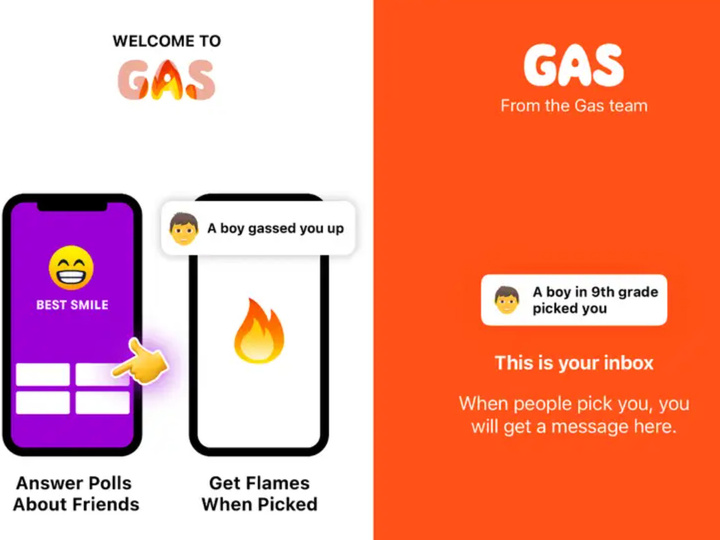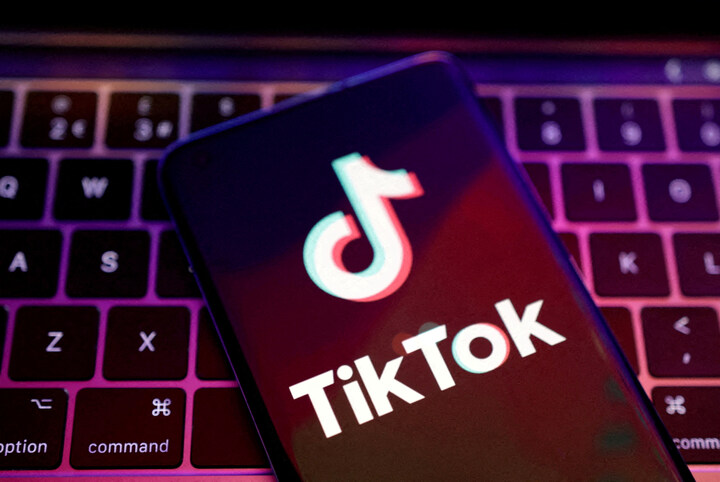Will the metaverse be good for society?
Our interactions with the outside world will be dramatically altered by the metaverse.
Life as we knew it was significantly altered by the worldwide pandemic and ensuing lockdowns. Ironically, as more individuals accepted the concept of staying home and engaging just online, the metaverse also received a major boost.

The Metaverse is intended to be a three-dimensional environment where people can communicate with one another in a more cutting-edge manner.
It essentially consists of a 3D platform with improved features that employ Virtual Reality (VR) and Augmented Reality (AR) technology to produce a more realistic experience.
It holds enormous potential for anything from social networking to business settings. However, the Metaverse encourages solitude and a disconnection from reality by its very nature. One reason the metaverse has sparked so many worries about society’s future is because of this.
Immersive learning, whether it be in the classroom or during corporate training, can have a longer-lasting effect on people by making topics more understandable and applicable.
A more comprehensive and all-encompassing approach to education will result from the metaverse’s influence on practical learning, which will involve witnessing the process as a component of the training. The eCommerce industry is already working to develop an integrated augmented reality that enhances the buying experience.
The influence will continue to grow and encompass more products. The experience that people want to have the most is how the metaverse will affect travel. Beyond just looking at images of the places we want to visit, metaverse will enable us to feel as though we are actually there, experiencing every second.
Although it has several advantageous effects, it also has some drawbacks. Our data has slowly turned into a precious asset for many marketing organizations because the majority of our professional and personal lives are now spent online. Our concerns about privacy have already increased with the emergence of intrusive technologies.
The more important query at this point is how the metaverse will regulate privacy. It can be quite tough to keep kids away from this cutting-edge technology. Therefore, it becomes crucial to shield kids from the negative effects of the metaverse. A complete virtual environment might be used to demonstrate the same in a more forceful manner.
Since metaverse requires rather advanced technology for the best VR experience, not everyone might be able to pay for the technology. The socio-economic divide might be directly impacted by and widened by the metaverse. Social media is frequently used by people to construct false identities.
This issue is certain to be prevalent, even in the metaverse.
The immersive internet would open up billions of dollars in wealth for society and let humans perceive the real and the virtual in ways they never could have before. To provide the maximum benefit for the community as a whole instead of a small elite, we should focus on creating an open metaverse as opposed to a closed metaverse controlled by Big Tech.
If we are successful, we may anticipate a constantly changing, decentralized, and creator-driven system that offers limitless chances to produce value.

I am a law graduate from NLU Lucknow. I have a flair for creative writing and hence in my free time work as a freelance content writer.





